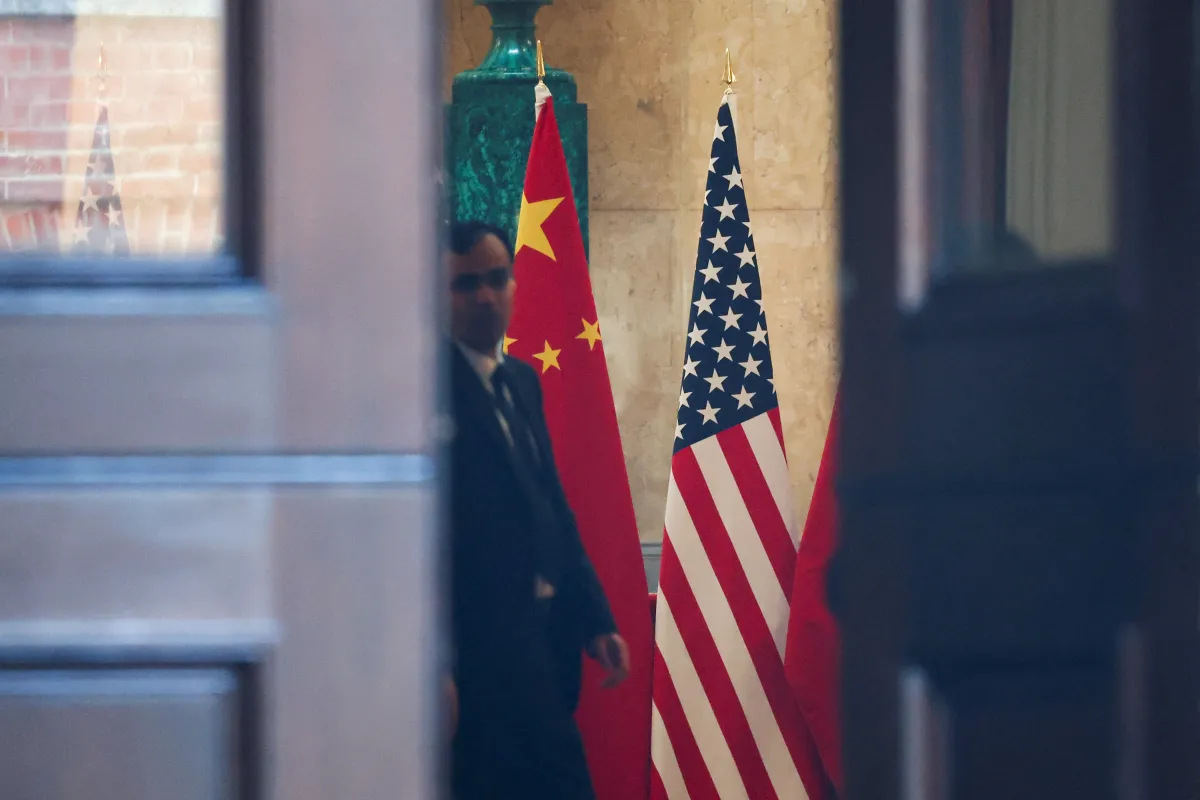
作者/Author(s): William Hurst and Peter Trubowitz
網站來源/Source: Foreign Affairs
日期/Date: 07/03/2025
關鍵字/Keywords: 外交、大交易、美國、中國
脫節
- 中美互為彼此最大的貿易夥伴,顯示出兩國在經濟上的相互依賴。然而,全球的不平等和動盪激發了兩國領導人的國內壓力,紛紛要求他們保護國內市場並減少在國際市場上的風險。
- 美中關係的裂痕早在2008年就出現。雙方都將國內社會經濟困境歸咎於對方,並轉向內部尋求解決方案。再加上在傳統與非傳統安全議題上缺乏戰略合作誘因,導致美中之間欠缺合作的共同基礎。
- 自川普第一任以來,雙方在戰略上互不信任,雙邊關係日益鬥爭,並在COVID-19疫情爆發後更加惡化,至今尚無和解跡象。此外,兩國在戰略競爭中均表現出將經濟互賴武器化的意願。
少就是多
- 自川普政府2.0上台以來,美中關係變得更加危險。川普對中製商品加徵高達145%的關稅,試圖迫使習近平坐上談判桌,並藉此留下推動「大妥協」的歷史定位。然而,在習近平反對美國商品加徵關稅,並對關鍵材料實施出口管制後,川普的關稅政策並未達到預期目標,反倒適得其反。最後,是美國要求暫時休戰。在沒有任何共同利益或讓步的情況下,習近平幾乎不可能在貿易與經濟議題上對美方讓步。
- 目前其中一種「大交易」的假設可能涉及承認中國在東亞的勢力範圍,這將損害美國印太盟友的安全,甚至加深各國對美國安全承諾和全球領導地位的不信任。更糟糕的是,這將迫使相關國家採取激烈的措施來加強自身安全,引發安全困境,並可能導致區域衝突。
- 另一種版本的「大交易」可能涉及雙方相互降低關稅與出口管制措施。此舉或可回應部分國內經濟訴求,但卻無法解決根本性的社會經濟問題,甚至反可能助長保護主義、反全球化情緒與互不信任。
- 川普政府應追求務實且具實質意義的協議,以重申美中關係並確保美國對穩定國際秩序的承諾。
- 安全面向: 聚焦於防止印太地區衝突和建立信任措施。
- 貿易面向:建立一個共同的架構,為貿易規範與條件提供可預測性,同時鼓勵中國提升環境標準與勞工權益。
- 金融面向:鼓勵中國提高金融部門的透明度與開放性。
Out of Alignment
- The U.S. and China are each other's top trading partners, indicating their mutual economic interdependence. However, global inequalities and dislocations fueled domestic pressure on leaders in both countries to protect their markets and reduce exposure to international markets.
- Cracks in the U.S.-China relationship appeared as early as 2008. Both sides blame each other for their domestic socio-economic predicaments while turning inward to resolve the problems. Combined with the lack of incentive for strategic cooperation in traditional and non-traditional security issues, the U.S. and China lack common ground for collaboration.
- Mutual strategic mistrust and increasingly combative bilateral relations have developed since the first Trump administration and have been exacerbated by the COVID-19 pandemic, with minimal signs of reconciliation. Furthermore, both countries had demonstrated their willingness to weaponize interdependence in their strategic rivalry.
Less is More
- U.S.-China relations have become more dangerous since the start of the second Trump administration. Trump slapped a staggering 145 percent tariffs on Chinese goods to compel Xi to negotiate and leave a possible legacy of accomplishing a grand bargain. The tariffs did not achieve the intended objectives and backfired after Xi countered with tariffs on U.S. goods and export controls on critical materials. In the end, it was the U.S. who asked for a temporary truce. Without any mutual interests or concessions, Xi is unlikely to concede to the U.S. demands on trade and economic issues.
- A hypothetical grand bargain may involve the recognition of a Chinese sphere of influence in East Asia, which would compromise the security of U.S. regional allies and deepen mistrust of the American security commitment and global leadership. Worse, it will compel countries in the region to take drastic measures to enhance their security, creating a dangerous security dilemma that could potentially lead to regional conflict.
- Another possible grand bargain involves scaling down tariffs and export controls on both sides. It may address some domestic economic demands but may not resolve fundamental socio-economic issues and could instead fuel increased protectionism, anti-globalization, and distrust.
- The Trump administration should aim for a pragmatic yet significant agreement to reaffirm U.S.-China relations and ensure the U.S. commitment to a stable international order.
- Security: Focus on conflict prevention in the Indo-Pacific region and confidence-building measures.
- Trade: Develop a shared framework to deliver predictability in the regulation and terms of trade while encouraging China to tighten its environmental standards and enhance labor rights.
- Finance: Encourage China to improve the transparency and openness of its financial sector.
